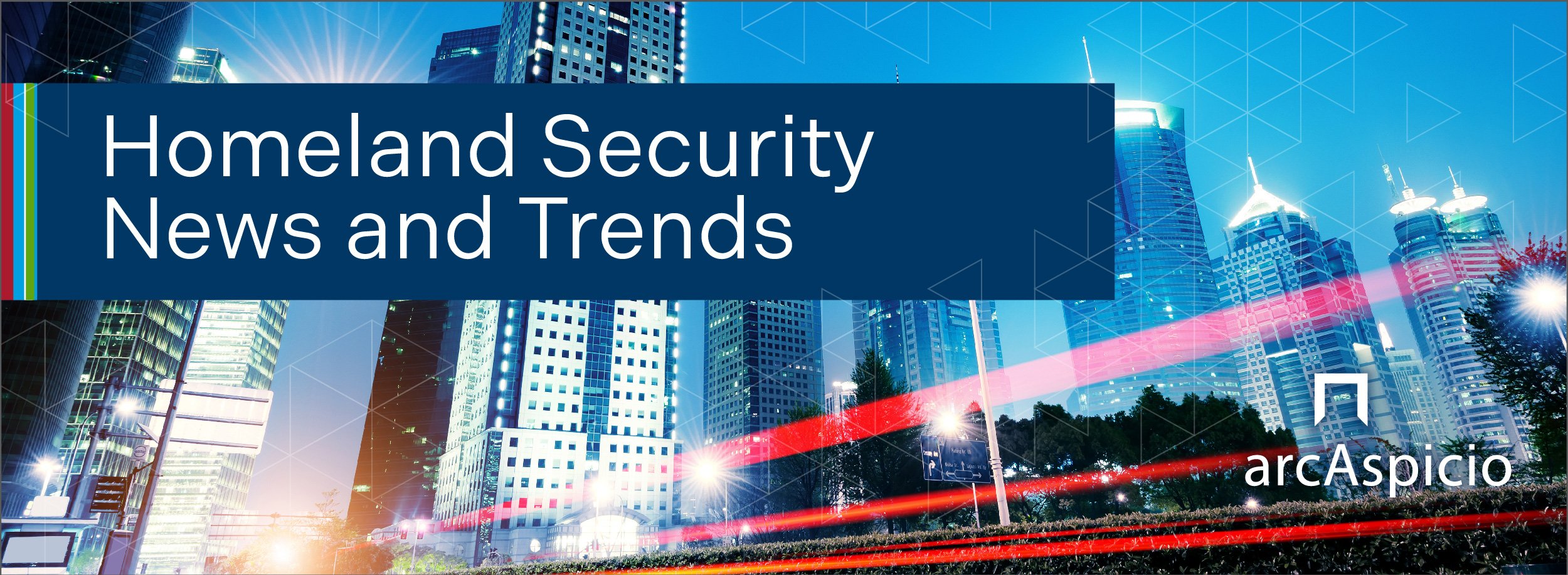
A First-of-Its-Kind Behavioral Science Bowl
Adjusting to a socially distanced work environment is not easy. As time continues to pass, people are looking for ways to connect, brainstorm, and learn something new. To bridge this divide, we deemed May as the “Behavioral Science Month” at Arc Aspicio and rolled out the inaugural, first-of-its-kind Behavioral Science Bowl. As a result, more than 60% of our company jumped into the contest to solve interesting problems and collaborate with others.
The Behavioral Science Bowl is a fun-spirited, competitive event designed to harness our consultants’ capabilities to collaborate remotely and learn virtually. Our consultants teamed up to solve significant, complex problems across the Government using behavioral science-focused solutions. Along the way, we provided teams with resources to grow their behavioral science understanding, office hours to provide feedback and knowledge, and executive advisors to help refine their final pitches. And a panel of discerning judges!
Using a human-centered approach, the judging team posed 10 diverse and interesting questions for teams to choose from, which included:
How do we encourage the public to save money and be better prepared for disasters?
How might we encourage better financial responsibility among recent college graduates with student loan debt?
How do we help agencies develop their managers into effective and inspiring leaders?
How might we reduce instances of misconduct and increase professional responsibility in the government workforce?
How might we help neighbors and peers voluntarily and credibly alert each other to dangerous conditions in their locations?
The winning entry answered this question with a creative behavioral science-based questionnaire and process to help communities assess their vulnerabilities: How might the Department of Justice incentivize communities to increase security of soft targets?
The Bowl concluded with a series of lightning round presentations and several compelling behavioral science solutions. Teams used proven interventions to design better policies, streamline programs, and strengthen social contracts between the Government and its citizens to increase trust. We were extremely impressed with the level of innovation, creativity, and teamwork that this competition sparked among employees. Ultimately, 95% of participants reported an increase in understanding of behavioral science!
It does not take an expert in behavioral science to know that humans enjoy games, and love competition. Our Behavioral Science Bowl helped employees learn and develop their skills, and it was a collaborative way for participants to access their competitive side and spark the team spirit that many are currently missing.
It was particularly exciting to know that the judges recognized four of the teams in this fierce competition! And, the team called the “Retired Interns” won.
We hope to facilitate many more innovative events and collaborative projects to continue the culture of team building and creativity that defines our company. Our next event focuses on transportation security innovation, so stay tuned!





















